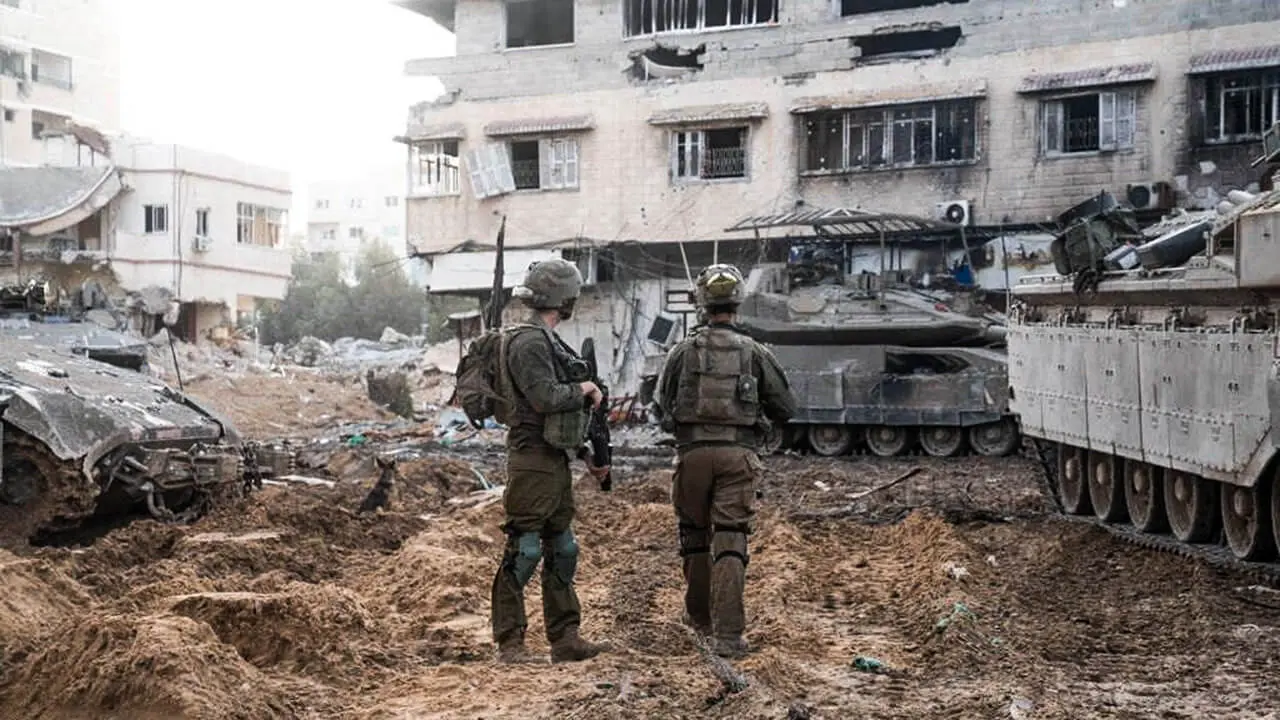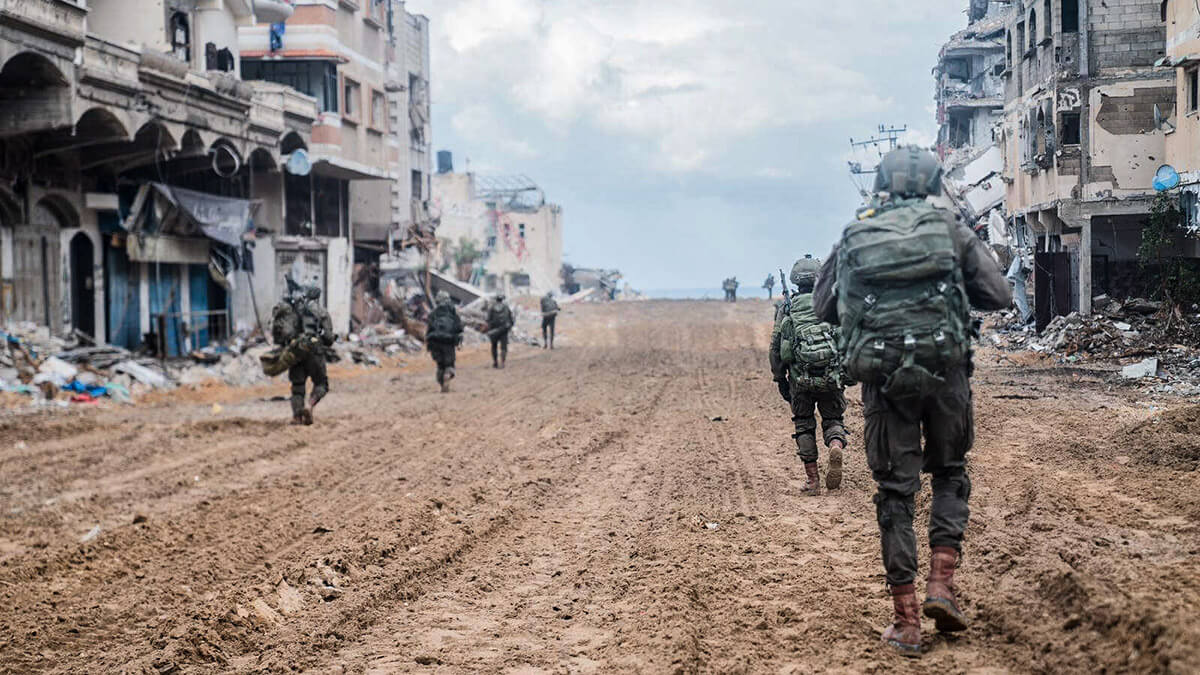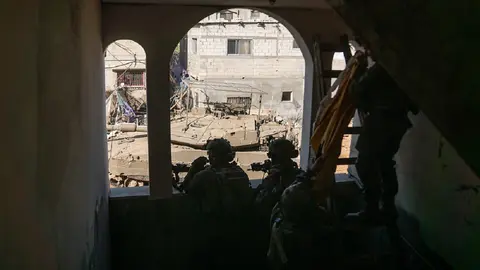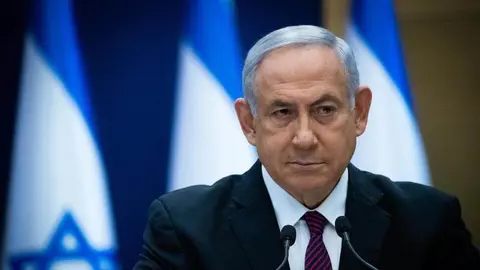Israel prepares to enter Rafah, presents 'evacuation plan' for civilians

The Israel Defense Forces have submitted a plan to the war cabinet to evacuate the civilian population of Rafah in view of the imminent military operation in the southern Gaza city, considered "the last bastion of Hamas".
This plan to evacuate civilians from "combat zones" also envisages "humanitarian assistance" to the Gaza Strip in order to prevent "the looting that has occurred in the north and other areas", according to a statement from the prime minister's office.
This plan coincides with an interview by Israeli Prime Minister Benjamin Netanyahu with CBS News in which he claims that, once the Rafah offensive begins, the IDF will be "weeks away from total victory".
Netanyahu has again defended the military operation in Rafah despite warnings and criticism from the international community. "We have already destroyed 18 of Hamas's 24 terrorist battalions, and four of them are concentrated in Rafah. We cannot abandon the last bastion of Hamas, we have to do it," he argued.
In addition to the "last bastion of Hamas", Rafah is home to 1.3 million Gazans who fled fighting in other parts of the enclave. Regarding civilians, Netanyahu assured that the operation in Rafah will begin "after allowing civilians in the combat zones to be evacuated to safe areas".
The Israeli Prime Minister highlighted the IDF's efforts to protect Gazan civilians while "Hamas is trying to hold them at gunpoint". "We will get them out of harm's way," he added.

In addition to the thousands of displaced Gazans, many of the Israeli hostages kidnapped by Hamas on 7 October may be in tunnels under Rafah, although it is also feared that some may have been taken to Egypt.
In this regard, further negotiations and talks are underway to reach a ceasefire that includes the release of the hostages still held in Gaza. However, a possible truce agreement will not prevent the IDF from launching the operation in Rafah, according to Netanyahu.
"If we reach an agreement, the operation will be delayed a bit, but it will take place. If there is no agreement, we will do it anyway," he stressed.
Israeli Prime Minister Benjamin Netanyahu gathered ministers after Israeli envoys returned from meeting US, Egyptian and Qatari mediators.
— Sky News (@SkyNews) February 26, 2024
He told CBS's Face The Nation that another pause in the fighting wasn't yet a done deal and Hamas needed to make further concessions. pic.twitter.com/8IeofPMmPi
This past weekend CIA Director William Burns held a meeting in Paris with senior Israeli, Egyptian and Qatari officials on a possible ceasefire agreement. The meeting in the French capital was attended by Mossad chief David Barnea, Shin Bet director Ronen Bar, Hostage Affairs Coordinator Nitzan Alon, IDF Strategic Affairs Division chief Oren Sefer, Qatari Prime Minister Mohammed al-Thani and Egyptian intelligence chief Major General Abbas Kamel.
Following this meeting, an Israeli delegation is expected to travel to Qatar later this week to continue talks, although the situation remains difficult due to Hamas's demands for a permanent ceasefire and a full IDF withdrawal from Gaza, which Israel has rejected.
Endless hours, minutes and seconds.
— Bring Them Home Now (@bringhomenow) February 17, 2024
134 unbelievable, unbearable days.
When we see this number, we think about the specific person who are still there.
When we see their faces in the group picture, we look for our special person. Time is running out.
We can’t let this… pic.twitter.com/mgQqJgt3KK
The terrorist group has also reportedly demanded the release of Palestinian blood prisoners in exchange for some Israeli hostages.
"We will achieve total victory, which is necessary to bring a secure future for Israel, a better future for Gaza, a better future for the Middle East and a blow to the terrorist axis of Iran," reiterated Netanyahu, who concluded his interview that Israel's interest is also that of the United States.










